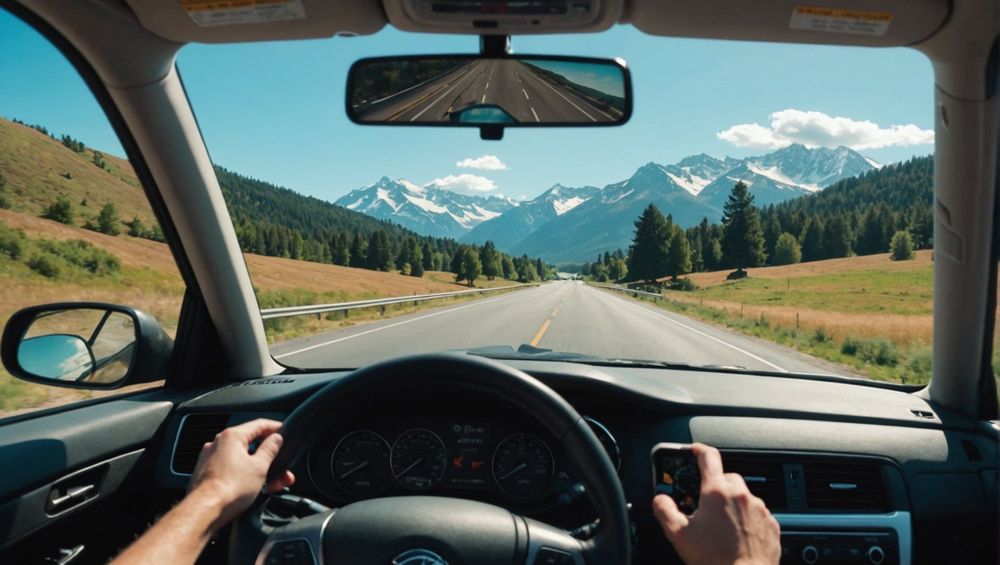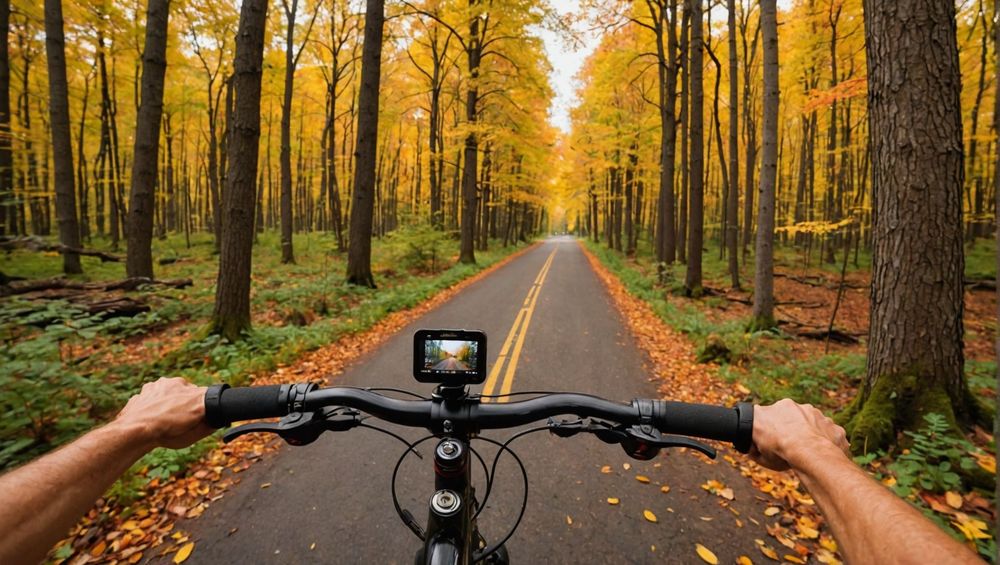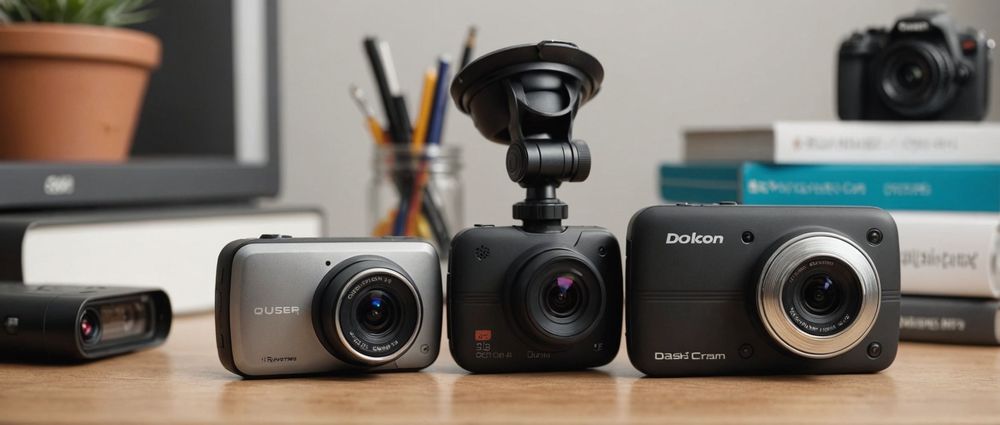When it comes to capturing high-quality video in various environments, you may find yourself torn between a dash cam and an action camera. Both devices serve unique purposes and cater to different needs. While dash cams are specifically designed for recording your driving experiences and can provide vital evidence in the event of an accident, action cameras are built for capturing fast-paced activities such as biking, skiing, and other adventures. Below, we delve deeper into the differences between these two types of cameras to help you make an informed decision on which one is the right fit for you.
What is a Dash Cam?

A dash cam, short for dashboard camera, is a specialized device mounted on your vehicle’s dashboard to record video footage while driving. This technology has gained immense popularity among drivers who want to document their journeys as well as safeguard themselves against false claims in case of accidents. Dash cams are designed with specific features such as loop recording, G-sensor technology, and night vision to ensure consistent performance in various lighting conditions.
One of the most appealing aspects of dash cams is their passive nature. They operate automatically when the vehicle is in motion, so users don’t have to worry about manually starting and stopping recordings. Moreover, most dash cams can provide both front and rear views by connecting to additional cameras. This is particularly useful for comprehensive surveillance around the vehicle.
Another crucial feature to consider is the reliability of dash cams in adverse weather conditions. Many models are built to withstand extreme temperatures and have weather-resistant designs, making them durable for long-term use. Dash cams often come equipped with various features such as:
- Collision detection and automatic recording during accidents
- GPS tracking for accurate location data
- Wide-angle lenses for a broader field of view
- Parking mode to monitor the vehicle even when parked
- Wi-Fi connectivity for easy file sharing
What is an Action Camera?

Action cameras are compact, portable devices designed to capture high-resolution video and still images during dynamic activities. These cameras are popular among adventure seekers and sports enthusiasts, as they are built to be rugged, waterproof, and highly versatile. Unlike dash cams, action cameras can be mounted on helmets, bicycles, or other gear, allowing users to film their experiences in extreme conditions. Most action cameras boast a wide variety of customizable settings, enabling users to select modes that best function for their specific activities.
A significant advantage of action cameras is their ability to shoot in multiple resolutions and frame rates, including 4K and slow-motion options. This capability allows users to produce high-quality films that showcase their adventures in stunning detail. Another notable feature is their connectivity options, as most action cameras offer wireless streaming and sharing, permitting instant uploads to social media platforms.
In addition, action cameras come with a wide range of accessories that enhance usability, including mounts, tripods, and cases. Here are some common features you can expect to find in action cameras:
- Waterproof technology for underwater filming
- Built-in stabilization for smooth video, even in motion
- Wide-angle lenses for capturing expansive scenes
- Multiple mounting options for creative filming angles
- App integration for remote control and editing capabilities
Key Comparisons Between Dash Cams and Action Cameras
When deciding between a dash cam and an action camera, several important factors should be taken into account. Here is a concise comparison:
Purpose:
Dash cams are primarily designed for recording driving activities, while action cameras are geared towards capturing adventures and activities. Understanding your primary use case might help to steer the decision.
Video Quality:
Both types can offer high-quality footage, but some action cameras may have the edge with higher frame rates and resolutions suitable for sporting activities.
Features:
Dash cams often include specific features tailored for drivers, such as collision alerts and parking mode, whereas action cameras focus on versatile mounting and rugged design for diverse usage scenarios.
Durability:
While both devices are built to last, action cameras typically offer better water and impact resistance which is vital for outdoor activities.
Price:
Dash cams are usually more budget-friendly than high-end action cameras, so your budget might also factor into your decision.
Conclusion
When it comes to choosing between a dash cam and an action camera, your decision should align with your specific needs and intended use. If your primary goal is to document driving experiences and protect yourself on the road, a dash cam is likely your best option. Conversely, if you are an adventure enthusiast looking to highlight your outdoor exploits, an action camera would be a great investment. Ultimately, both devices have their strengths, which can serve different purposes effectively. Consider your expectations from the device and select the one that fits your lifestyle the best.
FAQs
1. Can a dash cam be used as an action camera?
While a dash cam can technically be used for some action shots, it is not designed for the rugged use and variability of activities that action cameras are built for. You may miss out on vital features like waterproofing and different mounting options.
2. Do action cameras record in a loop like dash cams?
Most action cameras do not have loop recording features. Instead, they save clips until the memory card is full, which can cause users to lose footage if not managed properly.
3. Are dash cams legal in all states?
Yes, dash cams are legal in all states in the U.S., but specific regulations may exist regarding the placement of the camera on a vehicle. Always check state laws to ensure compliance.
4. Is it necessary to have GPS on a dash cam?
While GPS is not required, it can be beneficial as it adds location data to your recordings, providing more context in case of an incident, which can be useful for insurance claims.
5. Can I edit videos from my action camera?
Yes, most action cameras come with companion apps or software that allow you to edit your videos easily, add effects or music, and share them directly on social media.



